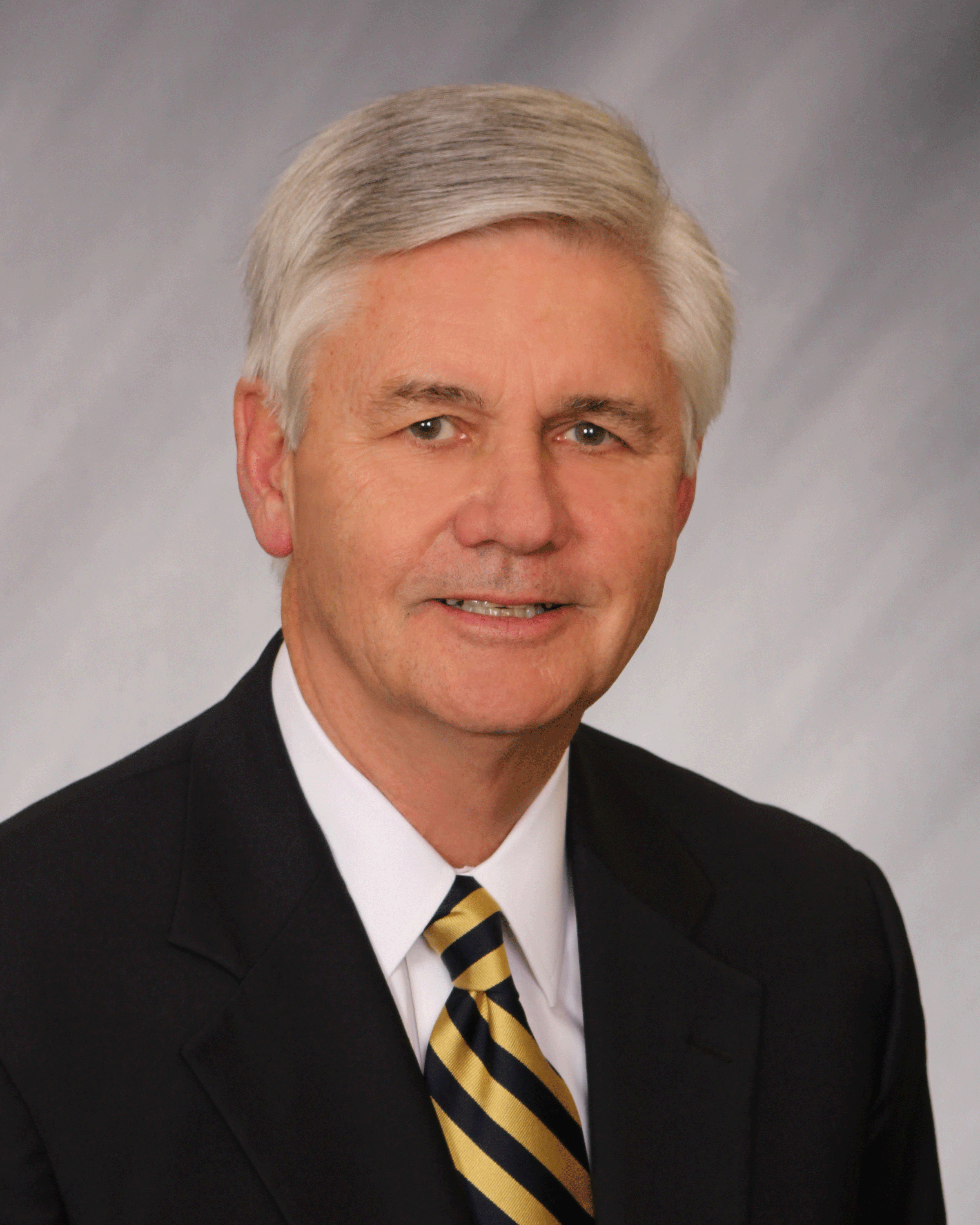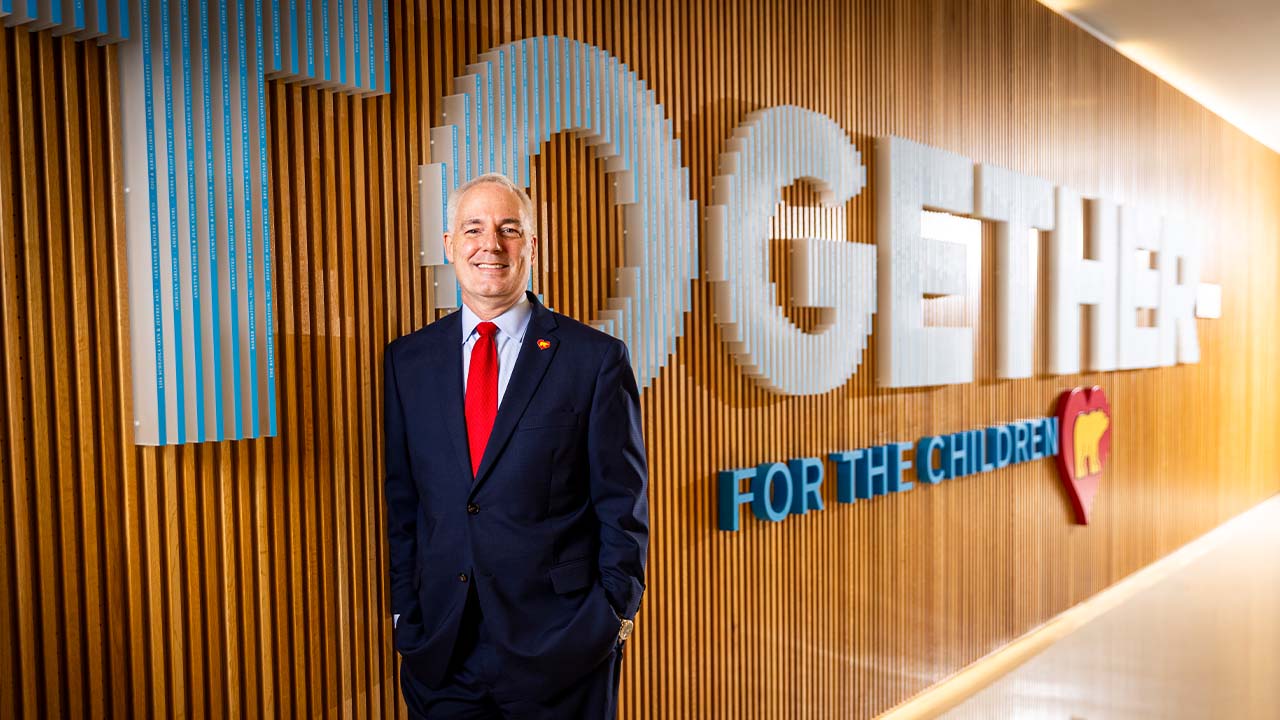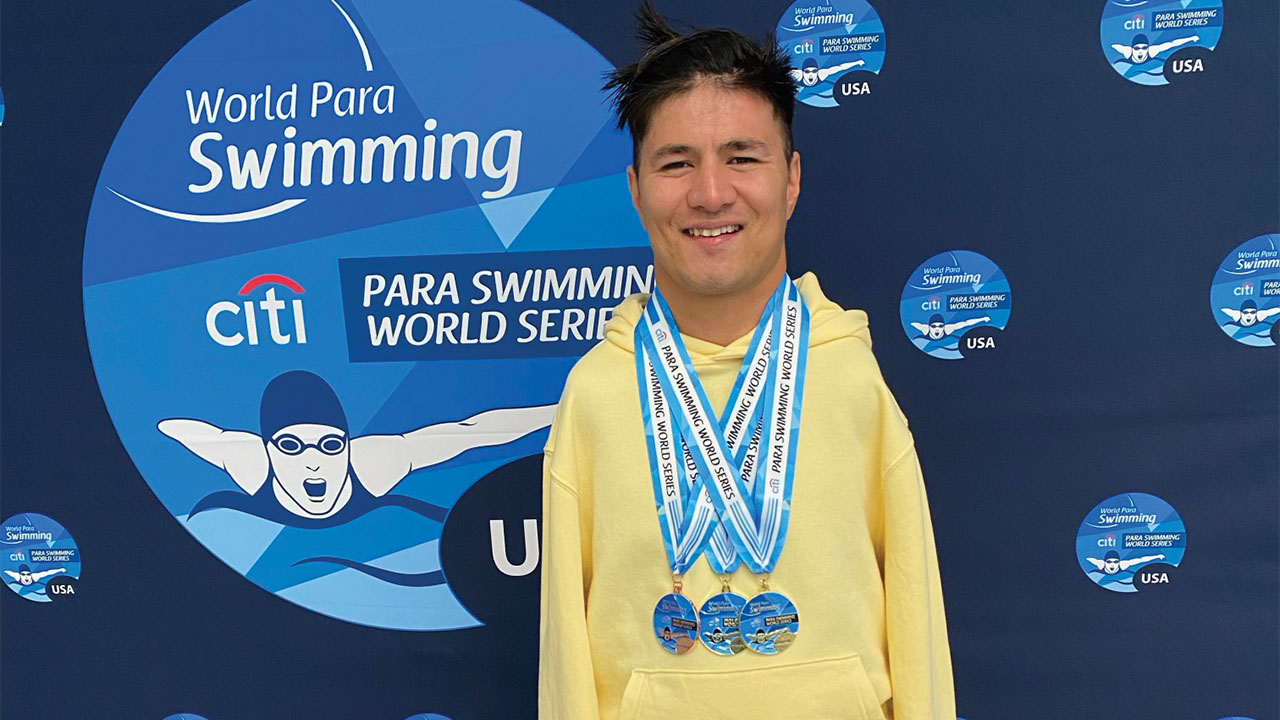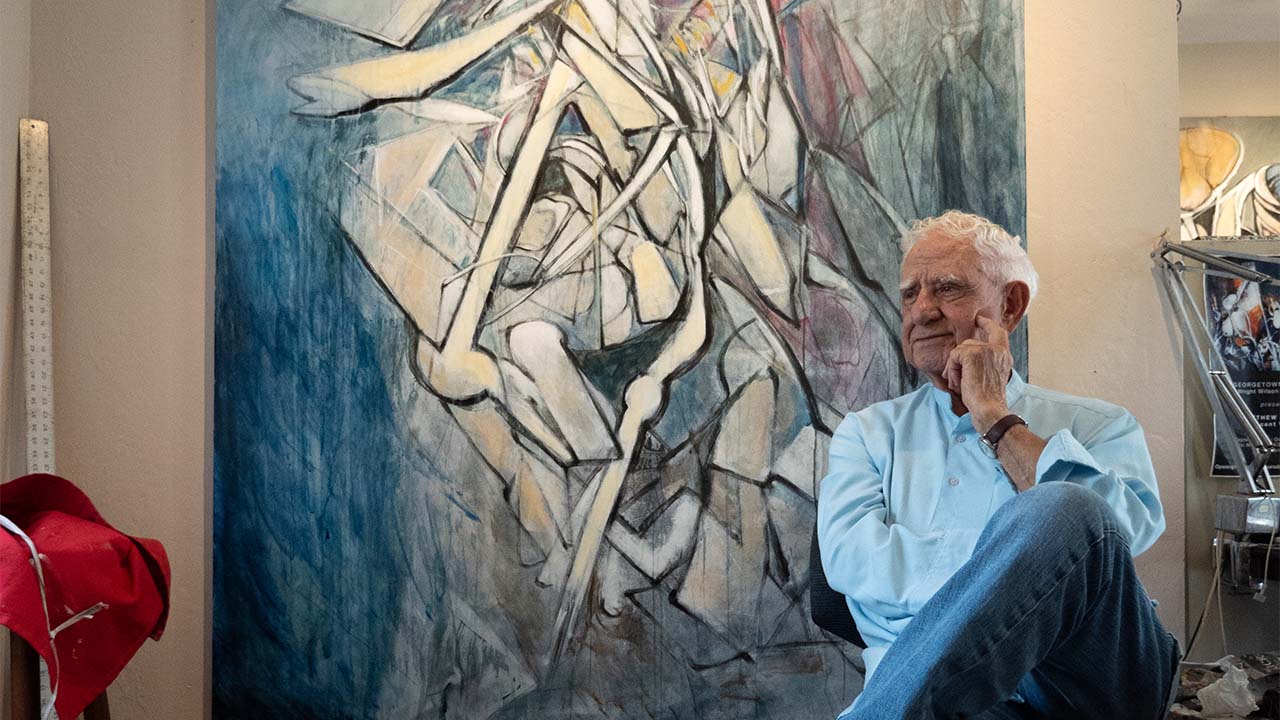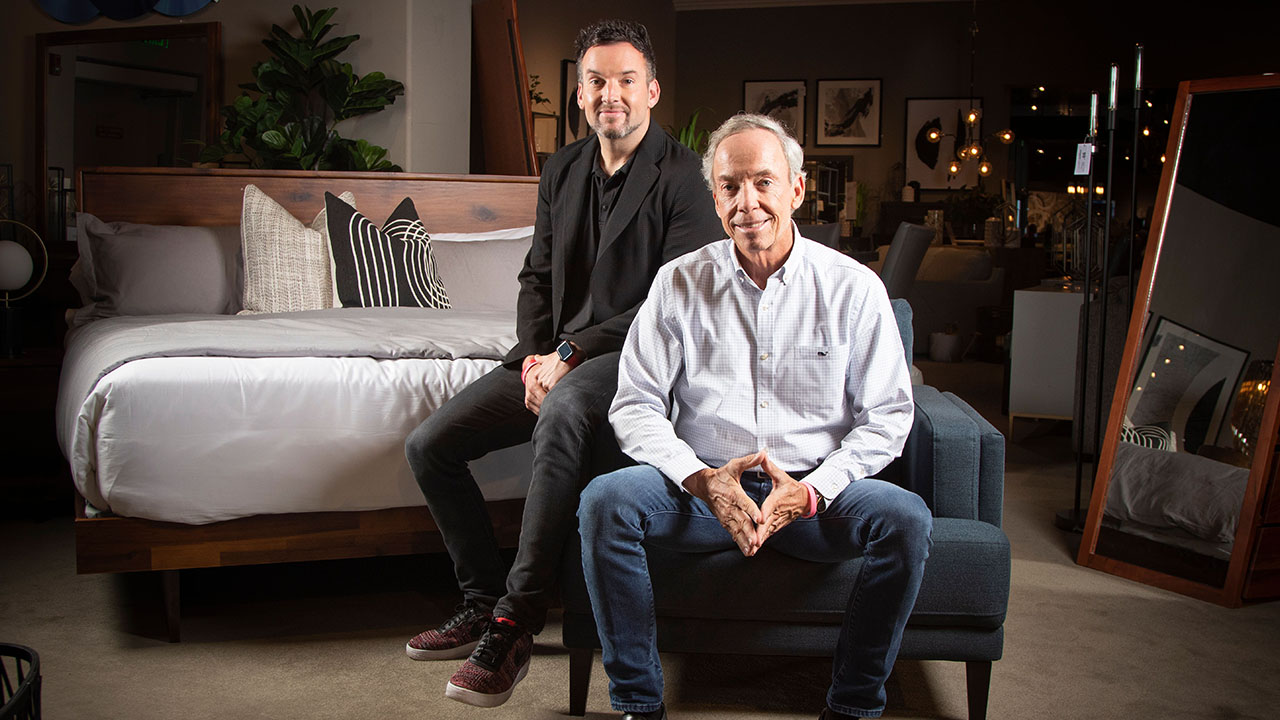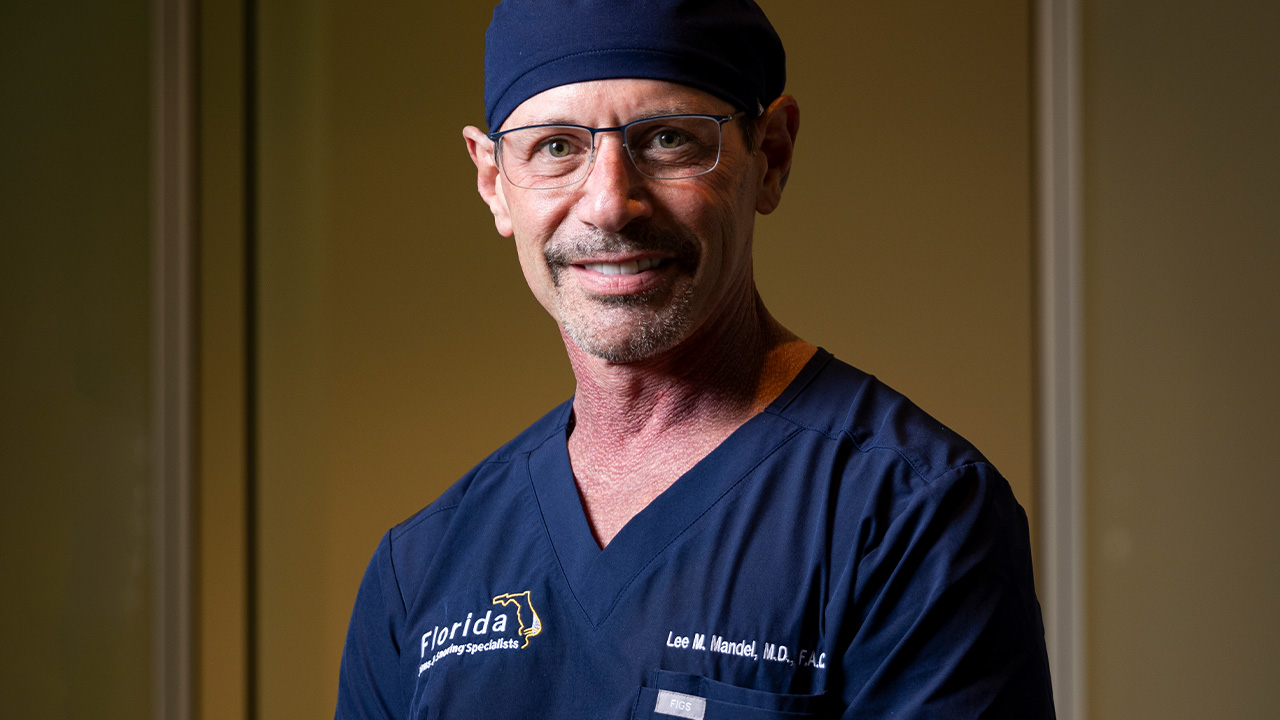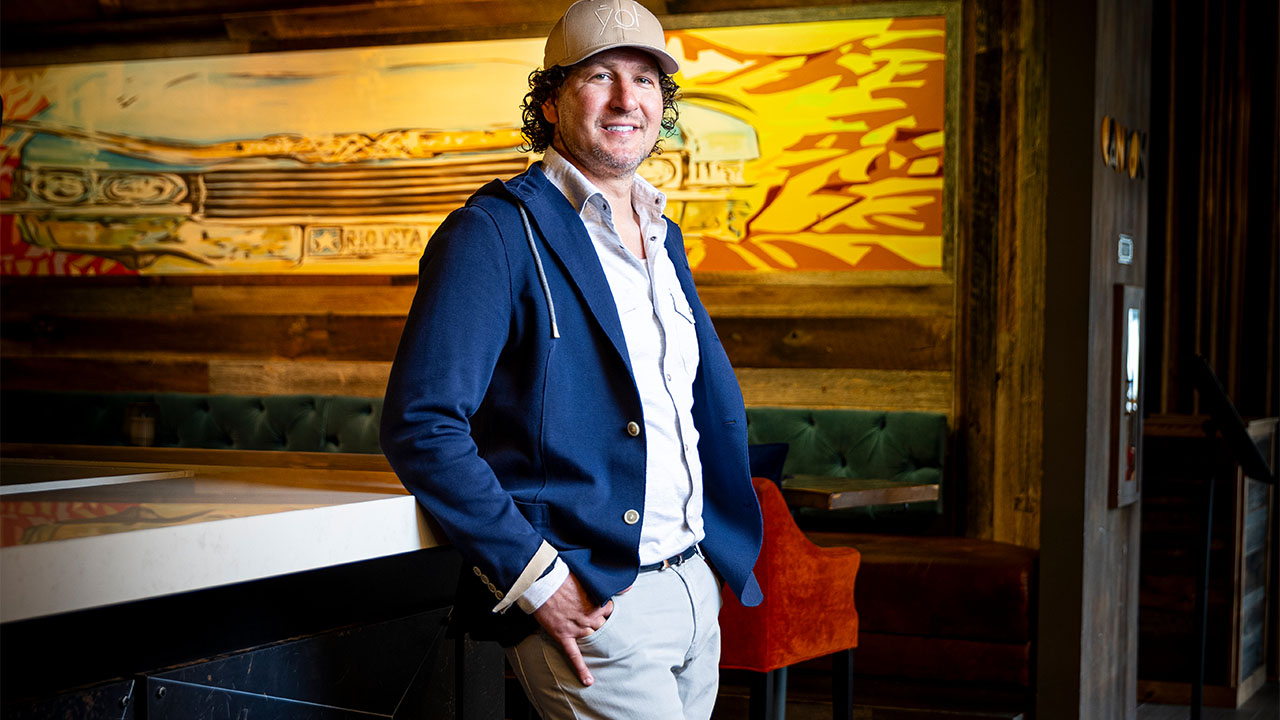When James McDonald was elected to the Pinecrest village council, he already was a familiar face in the community. He was president of the Downtown Miami Business Association and the chairman of Pinecrest’s Transportation Advisory Committee.
McDonald, a Pinecrest resident since 1976, partly credits his service-emphasized Jesuit education at Fairfield University for his involvement with public endeavors.
“That’s what motivated me in both my private practice and public career: service to the community,” McDonald says. “Giving back to the community is part of who I am.”
Before coming to Pinecrest, McDonald held a variety of positions, even serving as an FBI agent for three years after law school. He was assistant counsel to the House Select Committee on Crime, chaired by Florida Rep. Claude Pepper, and he moved to Florida in 1973 to become special counsel on organized crime to former Gov. Reubin Askew. He later became an assistant U.S. attorney and eventually opened his own firm, McLuskey McDonald & Hughes.
McDonald also investigated the assassination of President John F. Kennedy as senior counsel to the House Select Committee on Assassinations. He questioned assassin Lee Harvey Oswald’s widow, Marina; interviewed and deposed the brother of Oswald’s killer, Jack Ruby; and handled the ballistics aspect of the public hearings, involving the rifle said to have killed Kennedy and Ruby’s handgun.
“It was like working out of a history book,” McDonald says.
McDonald, who also heads the Miami-Dade County League of Cities’ transportation committee and is vice chair of the National League of Cities’ transportation and infrastructure committee, spoke with Pinecrest Lifestyle about his career and what the village has learned from Hurricane Irma.
1. What was it like being an FBI agent?
It was my way of serving my country. This was a time of civil unrest with the Weather Underground Organization. Our job was to locate fugitives wanted for bombing and murder and keep an eye on what was going on in the Seattle area. … Going after armed and dangerous fugitives, walking down a dark hallway in a boarding house, I remember one time thinking, “What am I doing here?” I had my weapon out, and I was, frankly, thankful that I could catch him. … Of course, I never told my wife that.
2. What do you like about being on the village council?
Working with fellow members of the council and with the staff has been an honor. We have an excellent city manager. Great staff. Those are the ones who make Pinecrest unique, including the police. Watching how our police have responded to the hurricane has been really gratifying. These men and women were out there at the height of the storm, helping put out a fire when the fire rescue wouldn’t go out. I saw them go out when there was a [social] disturbance. I have a high regard for our police department and the staff.
3. What changes in the village are you proud of?
I pushed getting red light cameras on Dixie Highway. Everybody who’s against red light cameras thinks we want to derive revenue. But the reason that we did it was to change driving habits, and we’ve seen that. While we’re still catching people running red lights, the numbers have gone down dramatically.
The other thing that I am pleased with is that we have one of our detectives assigned to federal multi-jurisdictional and multi-agency task forces. We’ve closely integrated Pinecrest police with all the major federal agencies and other major police agencies, which makes our police more effective.
4. How has Hurricane Irma’s aftermath changed the village?
We haven’t had a major storm in Pinecrest in 12 years, so Irma has been a wake-up call for everybody. We’re going to refocus our efforts on educating our people to make sure they keep their trees trimmed. We’ll be more aggressive working with [Florida Power & Light] to make sure they do what they’re supposed to do with keeping trees under their power lines trimmed; they’ve got the resources to do it. We don’t have the ability to go under power lines or clear out tree limbs that are in the power lines. You’ve got to be trained to do that. Working with FPL is going to be a major undertaking the next [few] years to do whatever we can to try to minimize the loss of power from storms such as Irma.
5. What else do you want others to know about Pinecrest’s future?
We’re looking at how to make Pinecrest more bicycle- and pedestrian-friendly, and how we can provide a service to get people to the Metrorail station. Nobody likes to ride on the roadway, so we’re looking at ways of widening [streets] to put a bike lane adjacent to the roadway.
We’re going to install license plate-reading cameras around the village. If it’s a stolen plate, it registers with Pinecrest police. It’s giving police today’s tools to fight crime. Let’s keep up with the criminals or get ahead of them, if possible.



